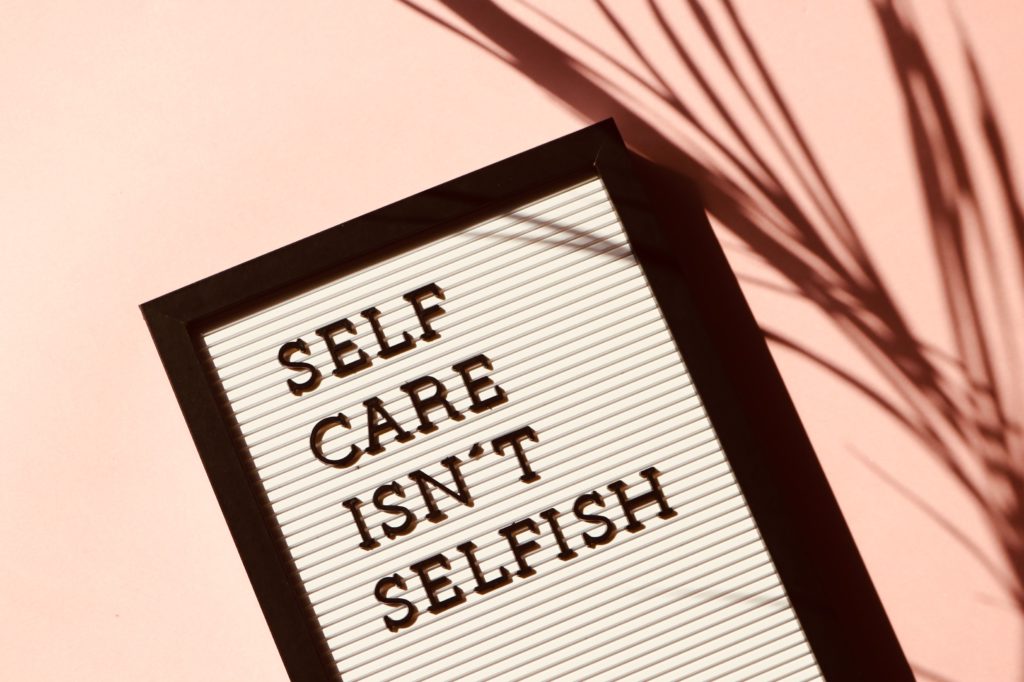
From Campus to Career: Advice for New Grads
- October 10, 2023
- Marketing Team
Graduating from university marks the end of one chapter and the beginning of another: the transition from being a student to becoming a working professional. However, one of the key challenges that new grads face is juggling their personal life with all the stresses and strains of the workplace.
On one hand, you’ve got your newfound freedom – you’re no longer tied down to class schedules and exams. On the other hand, you’re stepping into the world of adult responsibilities with new job expectations, against finding the time to spend with loved ones, which may cause you to feel added pressure.
It’s important to recognise that feeling a bit overwhelmed during this transition is normal. There are numerous strategies available to help you find that balance between achieving success in your new job and taking care of yourself along the way.
In honour of World Mental Health Day on 10th October, we wish to provide you with the support you need to navigate this challenging phase successfully.
Here are some top tips for new grads to take on board:
Set realistic expectations
Recognise that any transition is a huge learning curve – a path filled with growth opportunities, but also an abundance of challenges thrown your way. So, remember to be patient with yourself. The journey is all about learning and becoming a more capable professional in the long run.
Workwise, don’t expect to have everything figured out right away. It’s okay to ask questions and make mistakes in the early days. Every seasoned professional was once a newcomer with little experience in their field.
And when it comes to your personal life, give yourself the time to adapt to your new responsibilities. You may not be able to maintain the busy social life you were used to during your university experience, and that’s fine. Your priorities change and it takes some time to figure out the right balance.
Make time for self-care

While looking after your own well-being might not be the first thing on your mind, it really should be. While juggling work commitments and deadlines, it’s easy to push your own needs aside. However, by intentionally making time for yourself, you’re essentially recharging your batteries, ensuring that you have the energy to tackle whatever challenges come your way.
Self-care doesn’t have to be extravagant or take up too much of your day. It could be as simple as indulging in a good book or taking a leisurely walk amongst nature to clear your mind. These small things can make a huge difference in your daily happiness.
There are several other aspects you can incorporate into your life for managing self-care:
- Exercise: Whether it’s hitting the gym or practicing yoga, physical activity releases endorphins (those feel-good chemicals that can lift your mood).
- Meditation: Taking just a few minutes each day to breathe deeply and focus on the present moment can help you stay grounded when work pressures start to take hold.
- Stay connected: Spending quality time with your friends, family or even colleagues outside of the office can be that extra support you need. They may be able to offer fresh perspectives and encouragement when things get tough, as well as a source of distraction from your worries.
Manage your time effectively
Effective time management is one of the best ways to make the most of each day. It’s not about pushing yourself harder, but organising your time to prevent getting over-burdened.
Here’s how to master this essential skill:
- Use time management tools (such as calendars and to-do lists) to help you visualise your week or month.
- Prioritise tasks based on importance by using the Eisenhower Matrix, which divides tasks into four quadrants (urgent and important, not urgent but important, urgent but not important, neither urgent nor important).
- Try time blocking – this involves setting aside specific blocks of time for certain tasks (e.g., a block for checking and responding to emails, another for meetings and another for individual projects)
- Learn to say no. Recognise your limits and politely decline additional tasks when necessary.
Seek support
While you may have felt safe and sheltered in the world of academia, stepping out into the often highly demanding professional landscape may come as a bit of a shock. You’re now faced with significant changes and new responsibilities that you may never have encountered before.
With this in mind, you may find it useful to seek support and mentorship. After all, you’re not supposed to have all of the answers as a brand-new graduate.
Having a mentor can prove to be invaluable when first starting out on your career journey. They may be able to offer personal insights on the challenges they have faced, and the opportunities that may lie ahead for you. Additionally, they may be on hand to offer advice and reassurance when you’re faced with uncertainty which can be a significant confidence booster.
And perhaps most importantly, mentors often have extensive networks that can open doors to opportunities you might not have discovered otherwise when it comes to seeking career advancement or professional development.
So, how do new grads go about finding a mentor?
- Identify colleagues you feel comfortable with and admire
- Join professional networking groups
- Attend industry events
Still on the hunt for a graduate job? Inspiring Interns is here to lend a hand. Register today to start your grad job or internship search.







